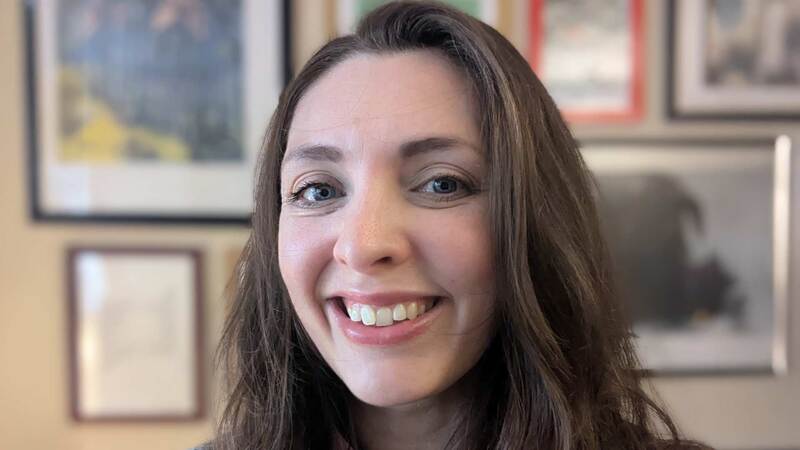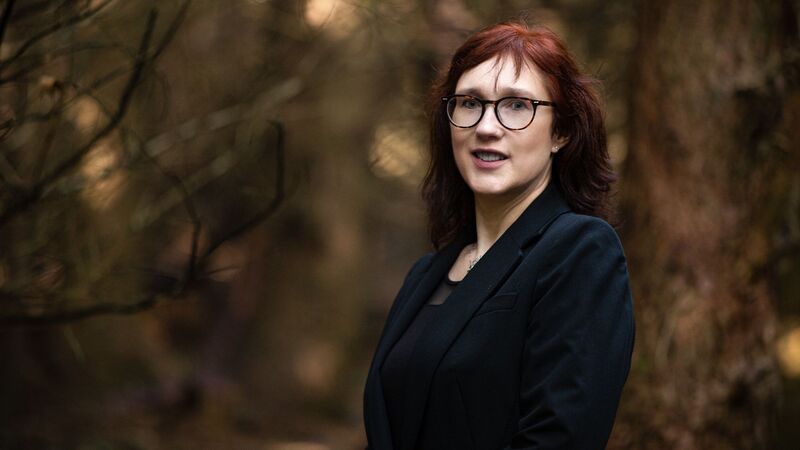You are viewing your 1 free article this month. Login to read more articles.
SoA launches fundraising drive as money for Covid-hit writers runs low
The Society of Authors is launching a fundraising drive to help top up its Authors’ Contingency Fund, ensuring it can continue to offer hardship grants to authors as the effects of the health crisis continue to be felt. The campaign, called Step Up, aims to raise a further £400,000 to allow it to keeping awarding grants at the current rate until the end of the year - and more to help ensure the fund's long-term health.
Launched on Monday (10th August), Step Up kicks off with a week of online promotional activities as the trade body asks everyone to dig deep to show their support. All this week it will be encouraging supporters, authors and those in the industry to make pledges that will help it to raise money, from making purchases through the SoA's fundraising affiliate links and sponsored activities, such as book auctions or sponsored walks, to one-off or regular donations or remembering the fund in wills.
The Authors' Contingency Fund has been in place for over 60 years to provide "quick support", in the form of small grants, to help writers who fall on hard times. But, running low, and with the long-term financial impact of the health crisis "still uncertain", the SoA has said: "if we are going to support authors in financial need, we need to raise more funds to sustain our grant-giving into 2021 and beyond".
The SoA distributes around £95,000 each year to authors in need through its contingency fund charities. These grants of up to £1,500 are "invaluable" to authors, SoA c.e.o. Nicola Solomon has said, "but", she continued, "when the current health crisis hit, demand rose to a level that the fund could not meet ... In March, author incomes were hit hard overnight as lockdown began. As well as those who were ill, many writers, illustrators, journalists, translators, scriptwriters and other authors were badly hit financially. Book tours have been cancelled, along with lectures, talks, performances and school visits. Others faced indefinite postponements of contracts as broadcasters, colleges and other commissioning organisations closed their offices. Too many self-employed workers fell through the gaps in eligibility for emergency financial support from the government. Many writers, illustrators, translators and other creative professionals were among them."
The organisation responded by partnering with other organisations that recognised an urgent need for an industry-wide co-ordinated response, and The Authors’ Licensing & Collecting Society (ALCS), Royal Literary Fund (RLF), the T S Eliot Foundation in partnership with English PEN, and Amazon UK, contributed a combined £1million to the fund. The total raised for this year now stands at £1.1million, of which, in grants of £1,500-£2,000, it has already paid out nearly £1million since March.
"Although applications have slowed, we still envisage that we will need a further £400,000 to take us to the end of the year, and additional funds to ensure the long-term health of the fund," said Solomon, disclosing all new applications are being dealt with and paid our in under three weeks, but total applications are nearing 1,000 and it is still receiving around 20 every week. "With partner help we have made a big impact in a short space of time, but, sadly, the need for the fund continues," she said.
The health crisis has had a "devastating" financial impact on self-employed workers, with those in the creative industries hit particularly hard, according to the SoA, whose own research shows that by May 57% of authors had already seen a decline in their income from cancellations of contracts and events, illness, job losses, and more.
"These losses are set to continue, even if we do not see a second wave of infections," said Solomon, observing that although bookshops have reopened, it's likely appearance and events won't restart until 2021 at the earliest. "Schools are not booking author visits as they are too busy with key practicalities, and venues are not reopening for performances by poets and others."
Proceeds from book sales have also diminished for the majority, with supermarket and online sales tending to favour established big name authors at the expense of emerging and midlist authors, according to the SoA. Meanwhile, the approaching recession will affect the livelihoods of those who take on other work to support their writing.
Solomon commented: "Step Up is about the collective power of the small donation and the sustainable difference it can make. This year, large donations from partners enabled us to help a huge number of authors facing financial hardship. They were there to help us in the moment, but they won’t sustain the fund into the future. If we can unite authors and their supporters to each contribute a little if and when they can - by clicking the fundraising links on our website when they shop online at Blackwell’s, Hive, Waterstones, Argos, M&S and other retailers, by organising a sponsored activity or charity auction, by making a small direct donation if they can afford to, or remembering the fund when they make their will - then a lot of small donations will add up to make a massive difference for authors in financial need. Everyone can make a difference."
For those looking to get involved, the SoA has compiled a range of resources and links to help fundraisers, donors and shoppers at www.societyofauthors.org/fund.

















